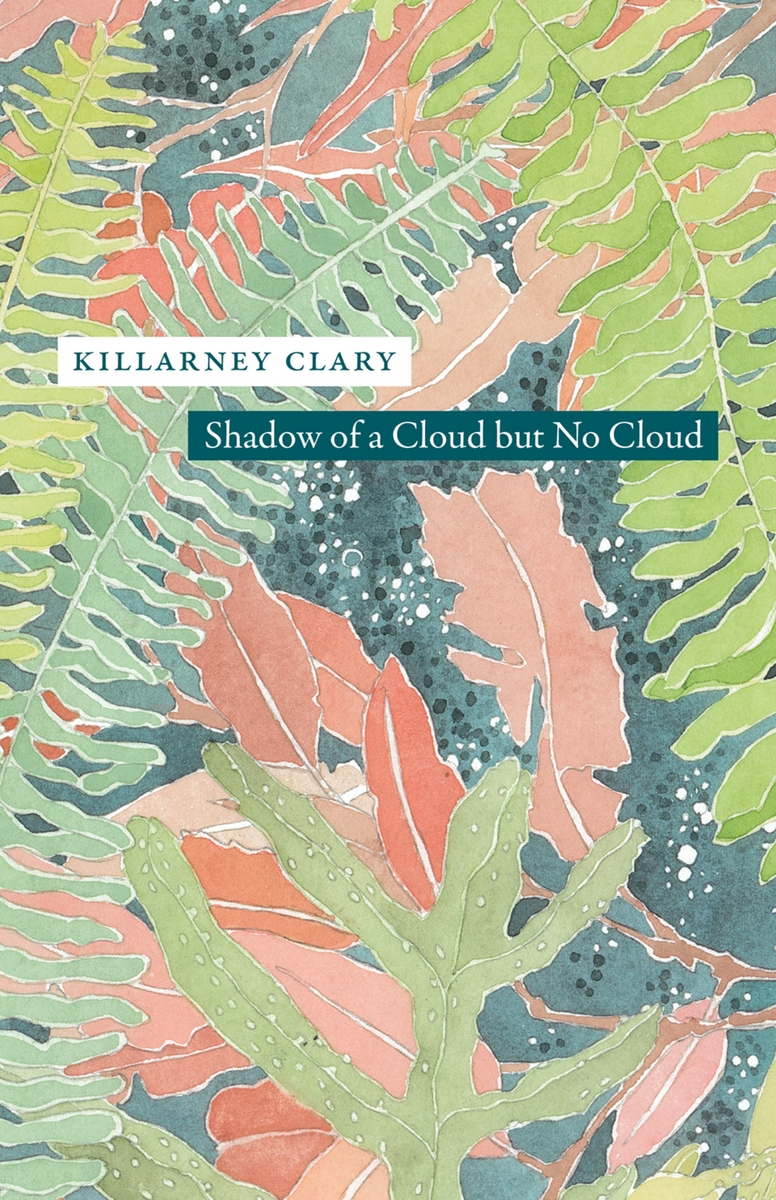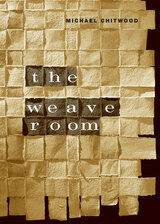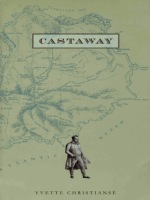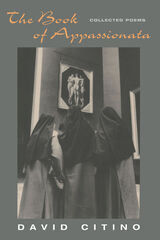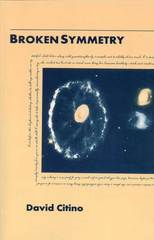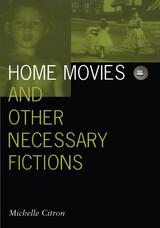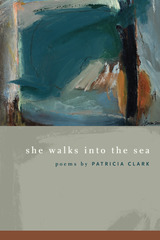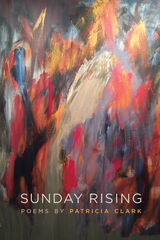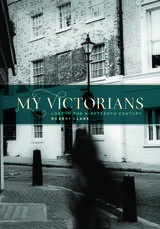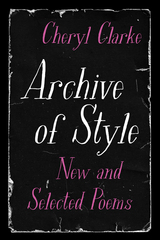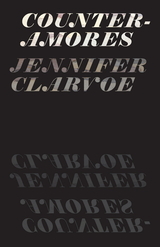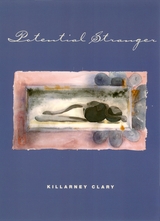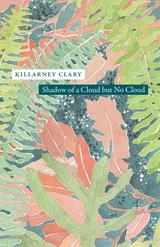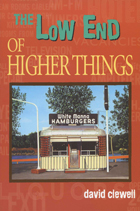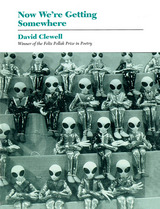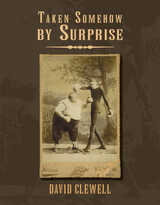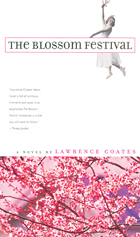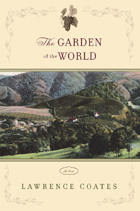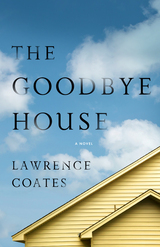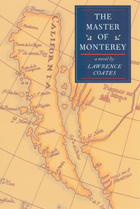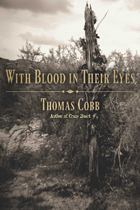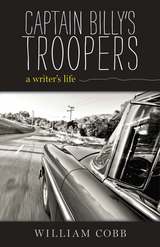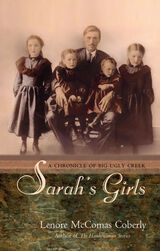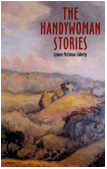Shadow of a Cloud but No Cloud
University of Chicago Press, 2014
Paper: 978-0-226-17798-4 | eISBN: 978-0-226-17803-5
Library of Congress Classification PS3553.L345S53 2014
Dewey Decimal Classification 811.54
Paper: 978-0-226-17798-4 | eISBN: 978-0-226-17803-5
Library of Congress Classification PS3553.L345S53 2014
Dewey Decimal Classification 811.54
ABOUT THIS BOOK | AUTHOR BIOGRAPHY | REVIEWS | TOC | REQUEST ACCESSIBLE FILE
ABOUT THIS BOOK
Shadow of a Cloud but No Cloud, the latest collection from enigmatic prose poet Killarney Clary, is a book-length sequence of unnumbered, untitled poems, each evoking a clear moment in time. The details on which Clary chooses to focus suggest a narrative that will not resolve. The unnamed people with whom she interacts offer exchanges she is desperate to prolong, and in attempts to understand her place, she reaches beneath the fragile armor of those loved, especially those who can no longer answer her. This quietly haunting book, remarkable for its subtlety and delicacy, is Clary’s strongest, most engaging work to date and amply shows her to be a master of this lyric genre.
See other books on: American | Clary, Killarney | Poetry | Shadow
See other titles from University of Chicago Press
